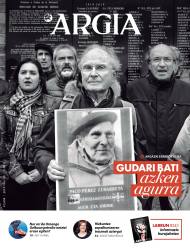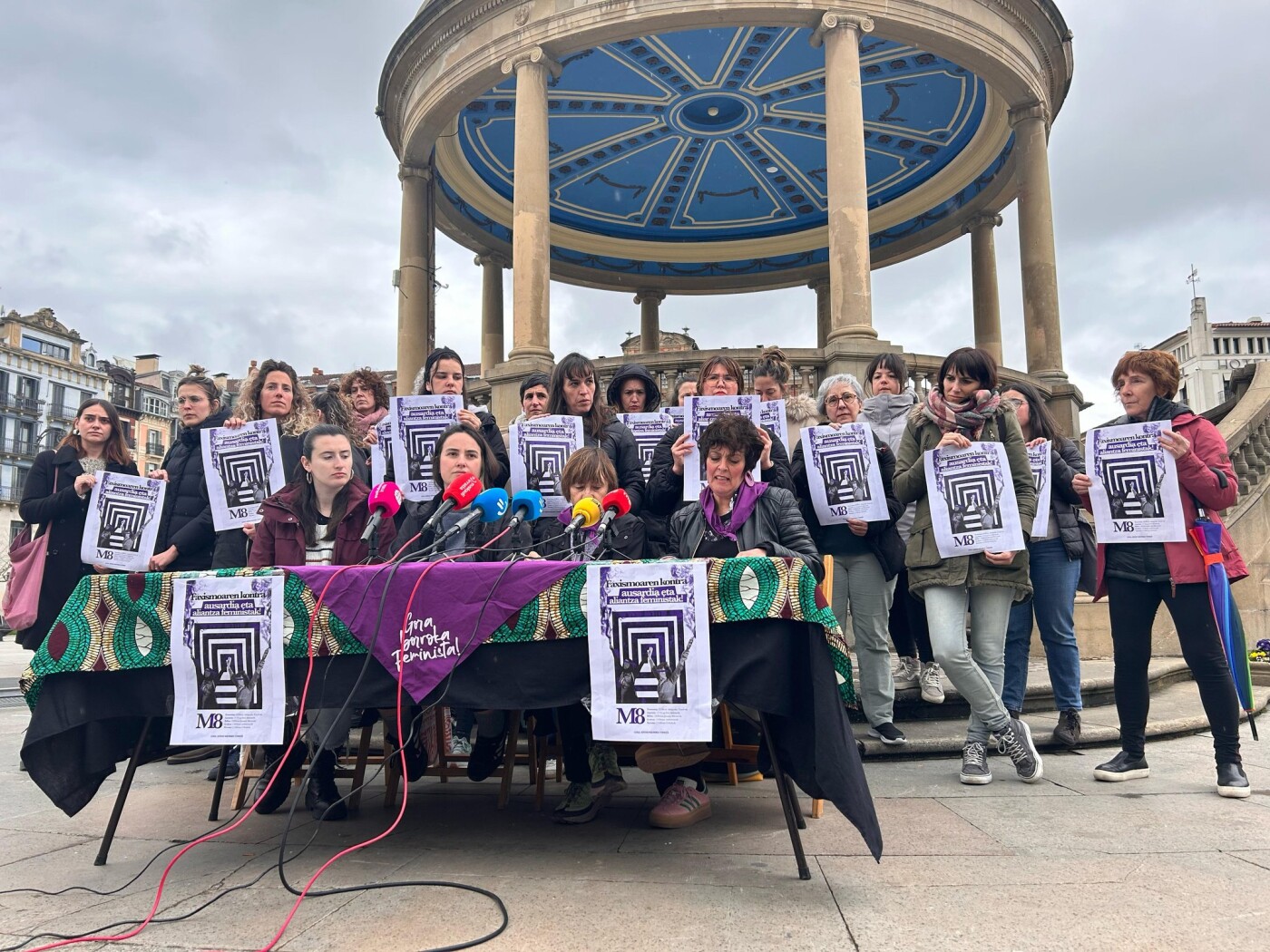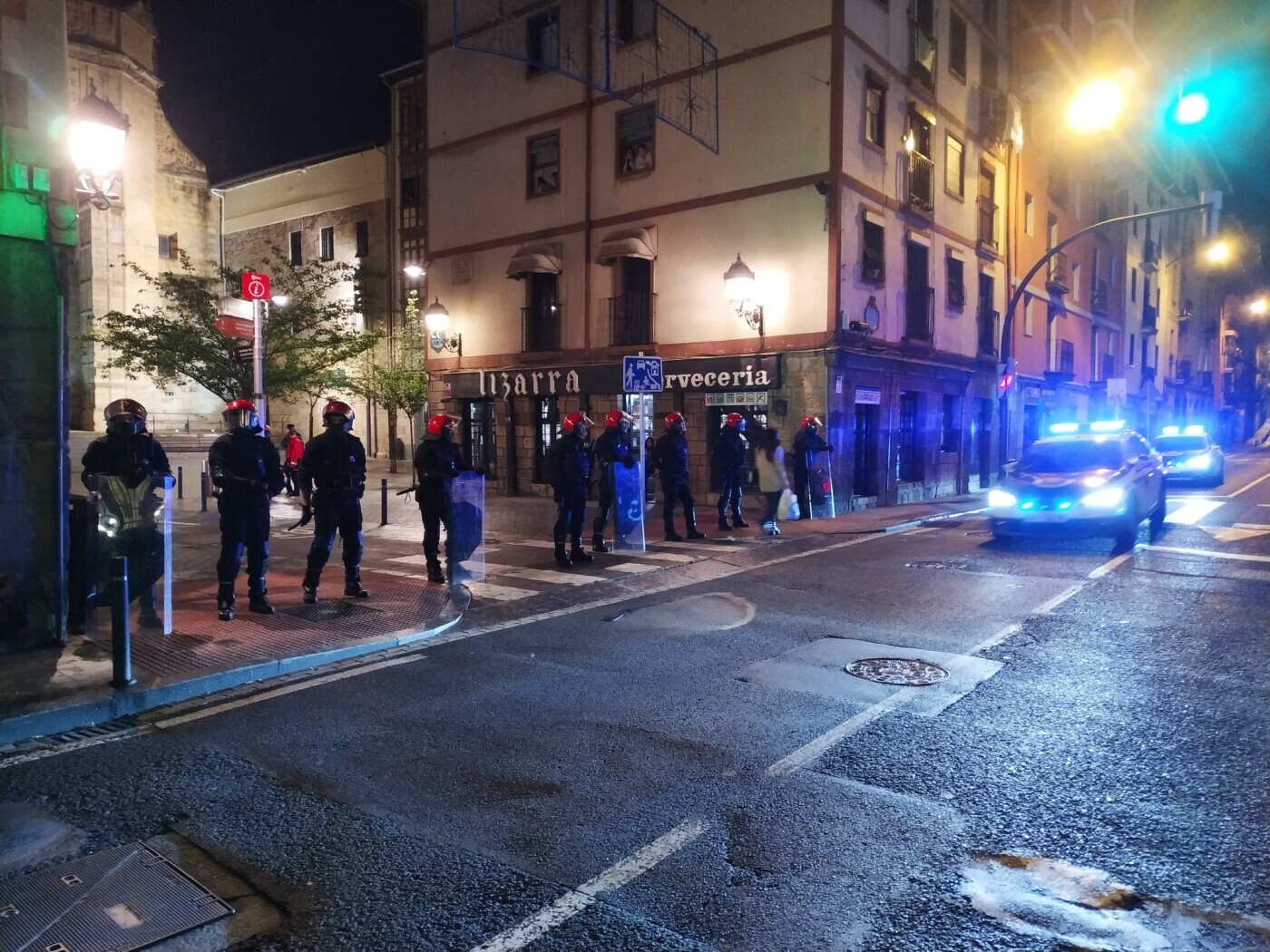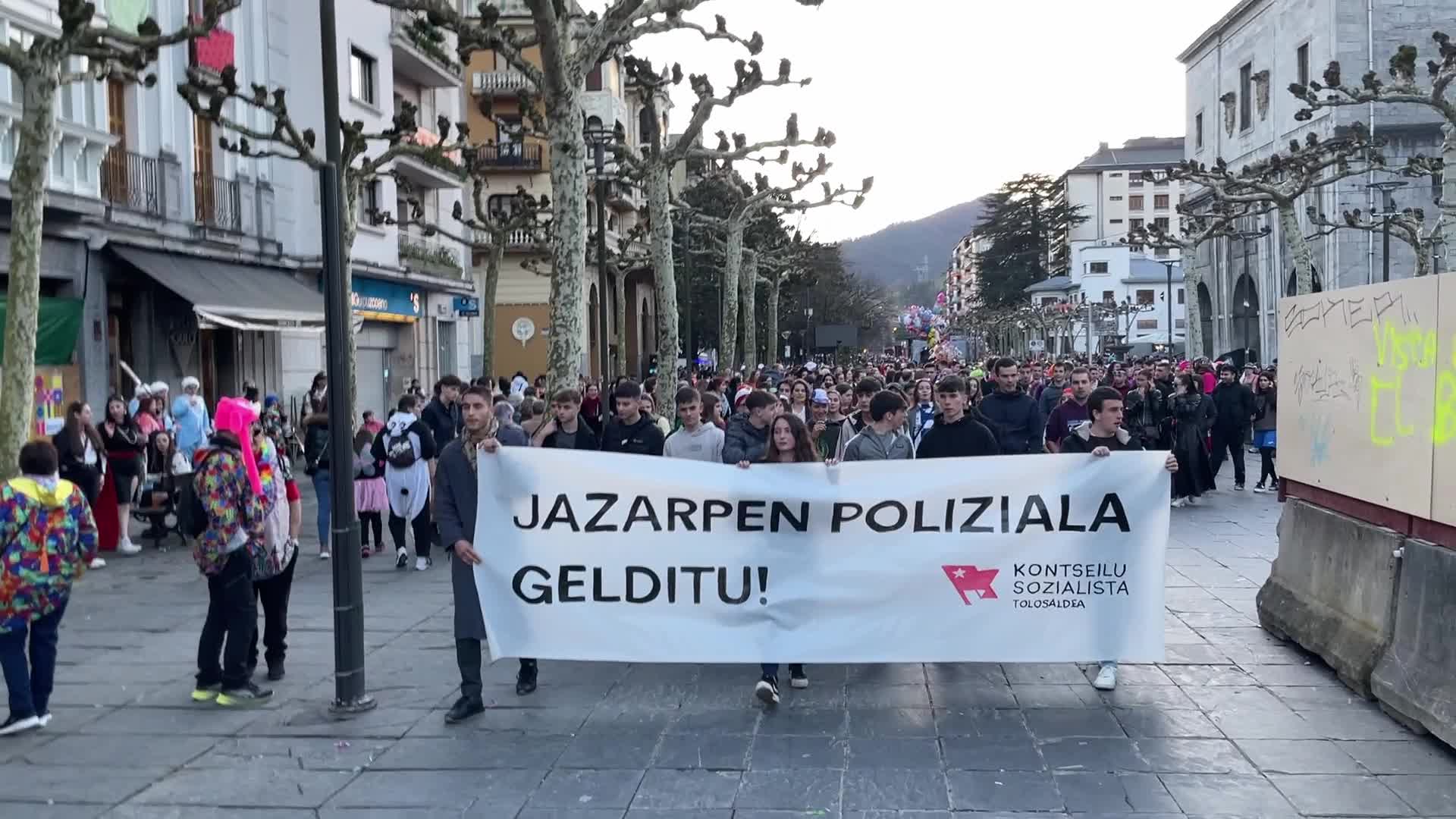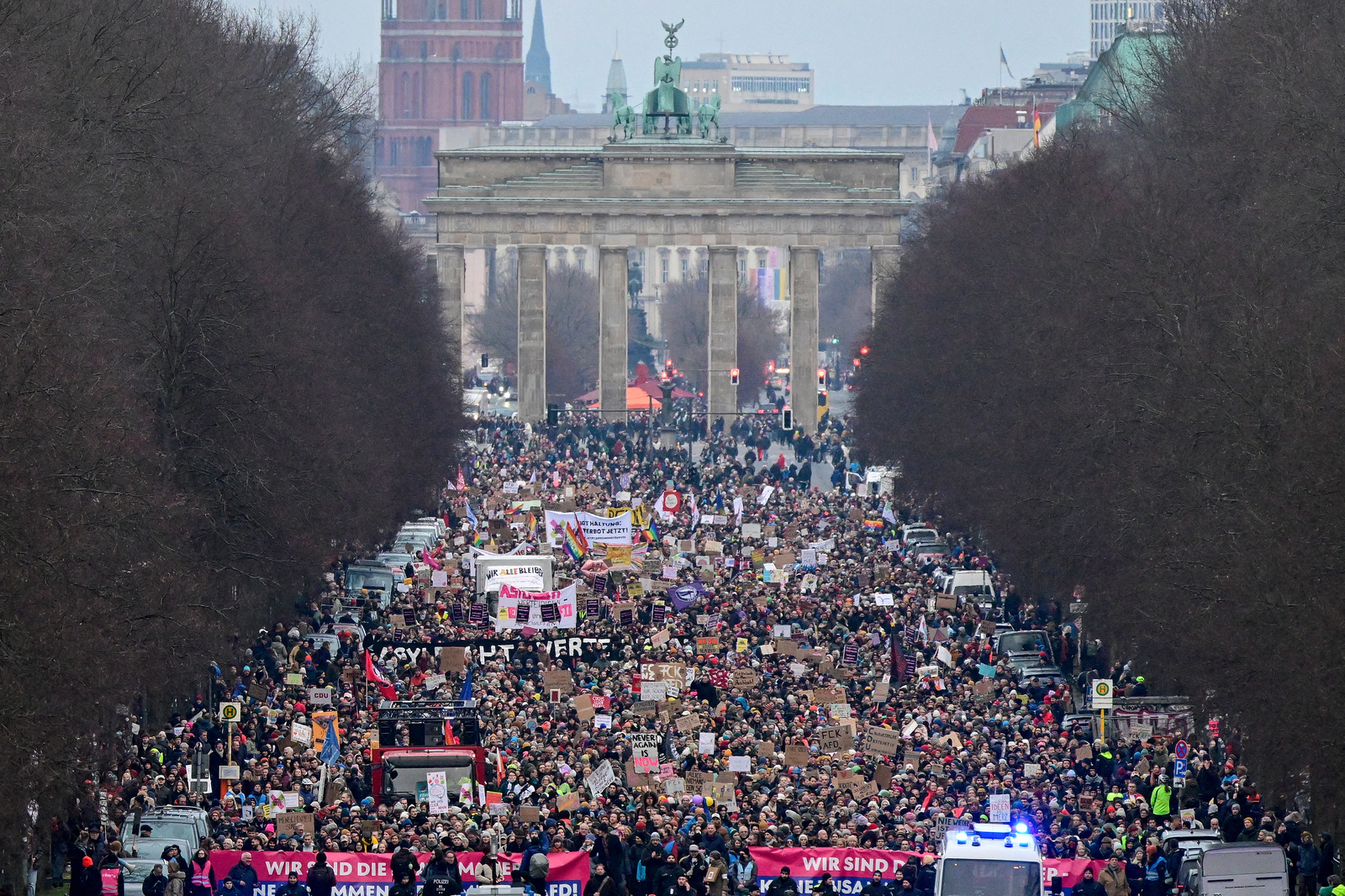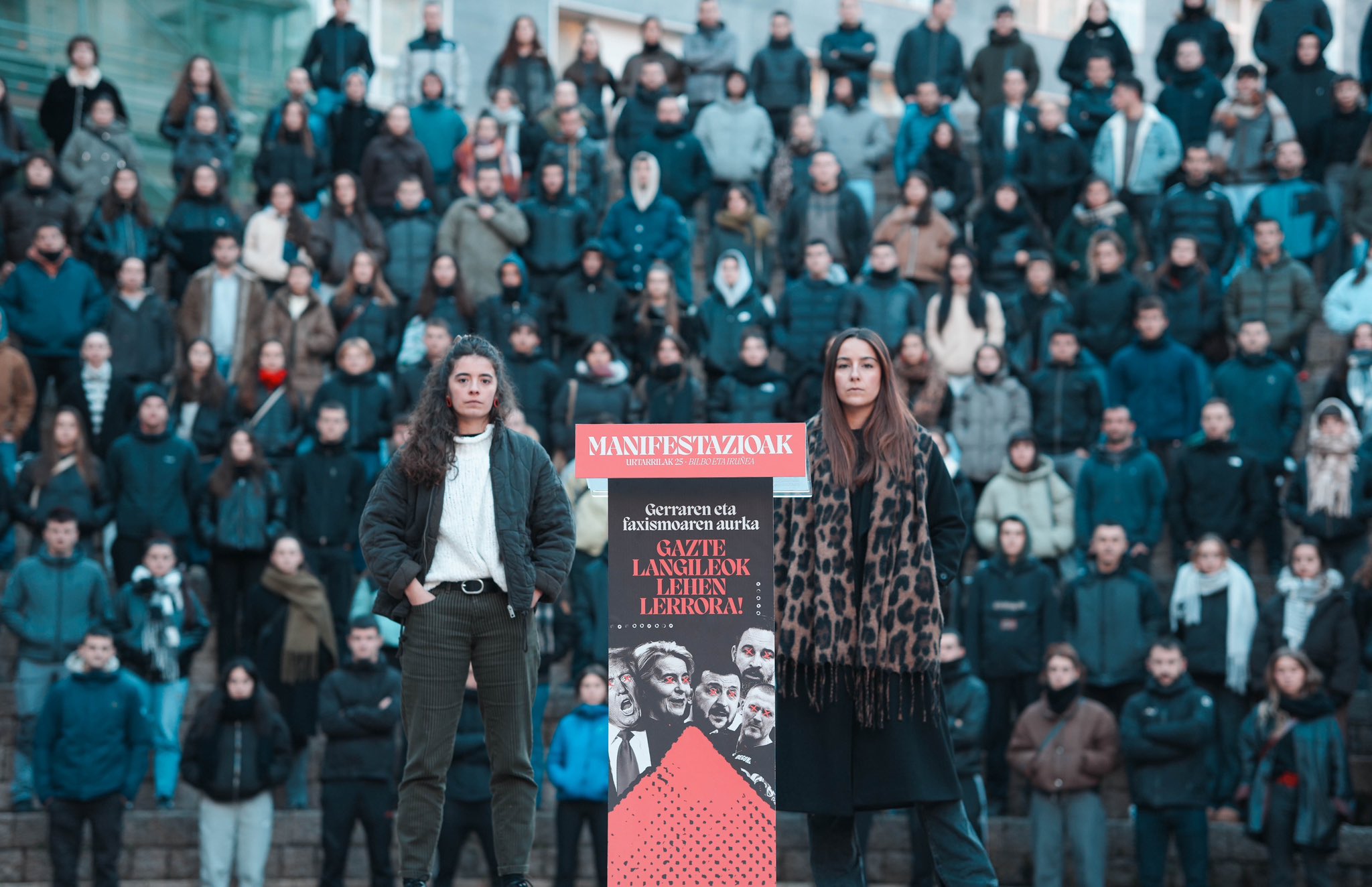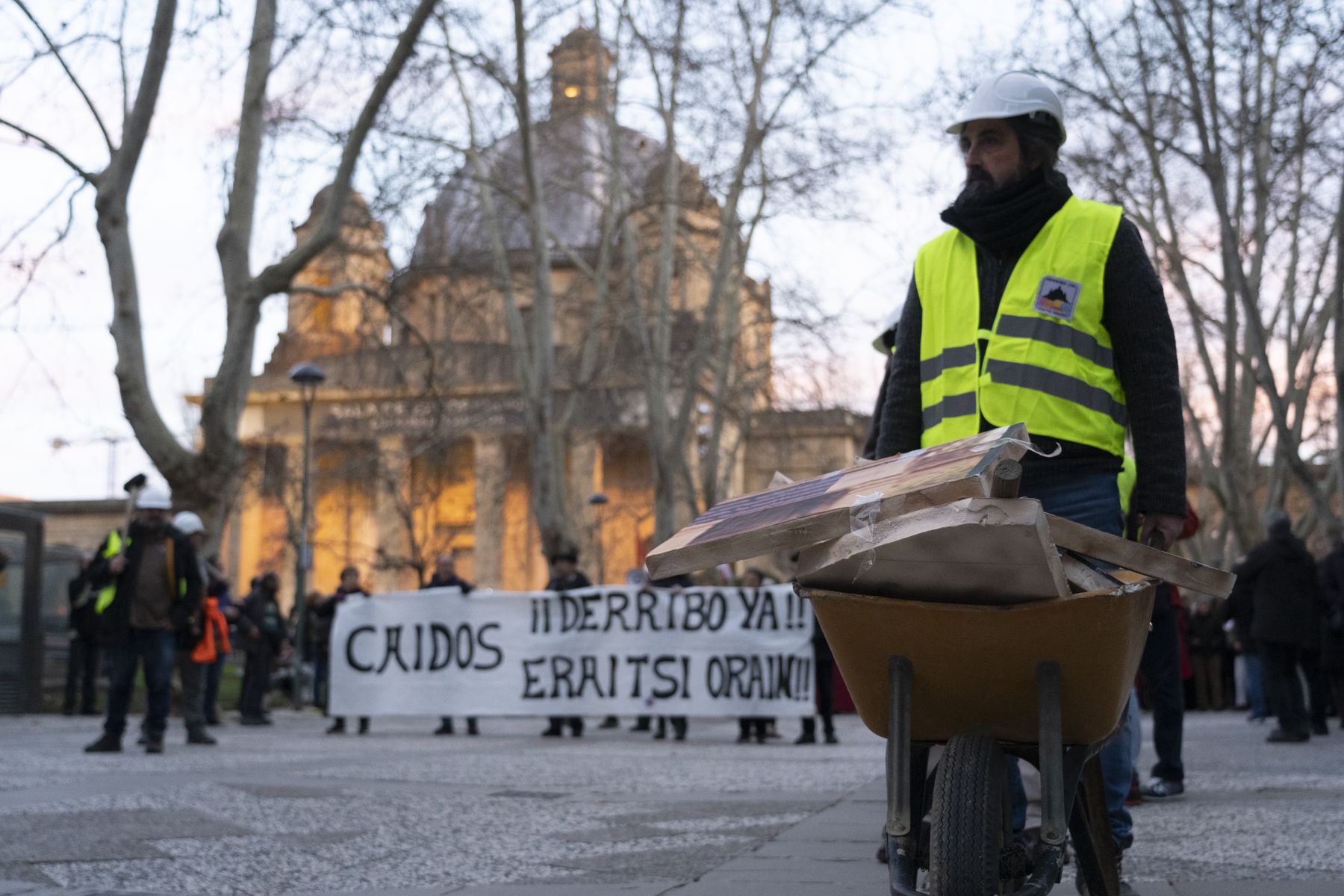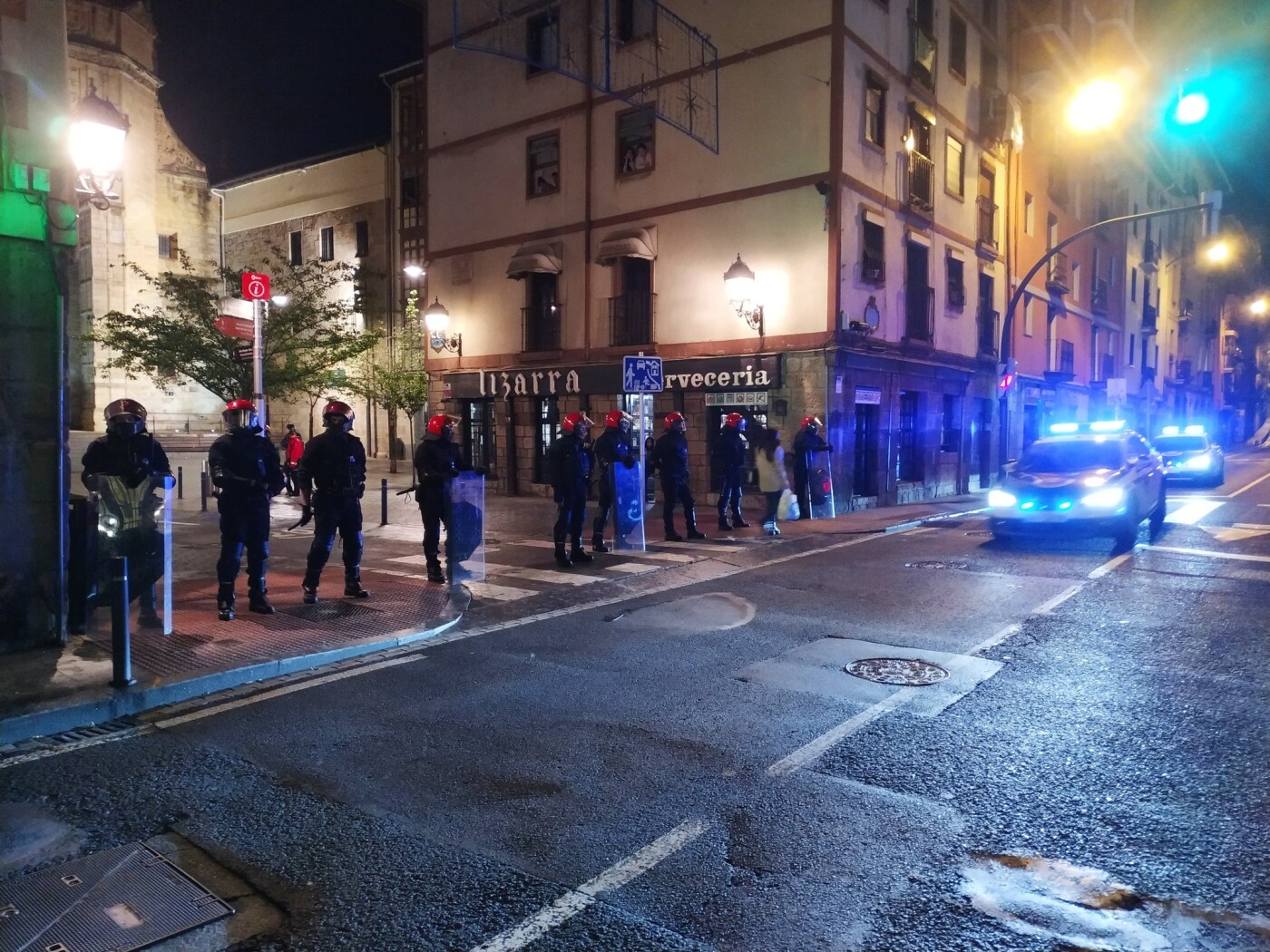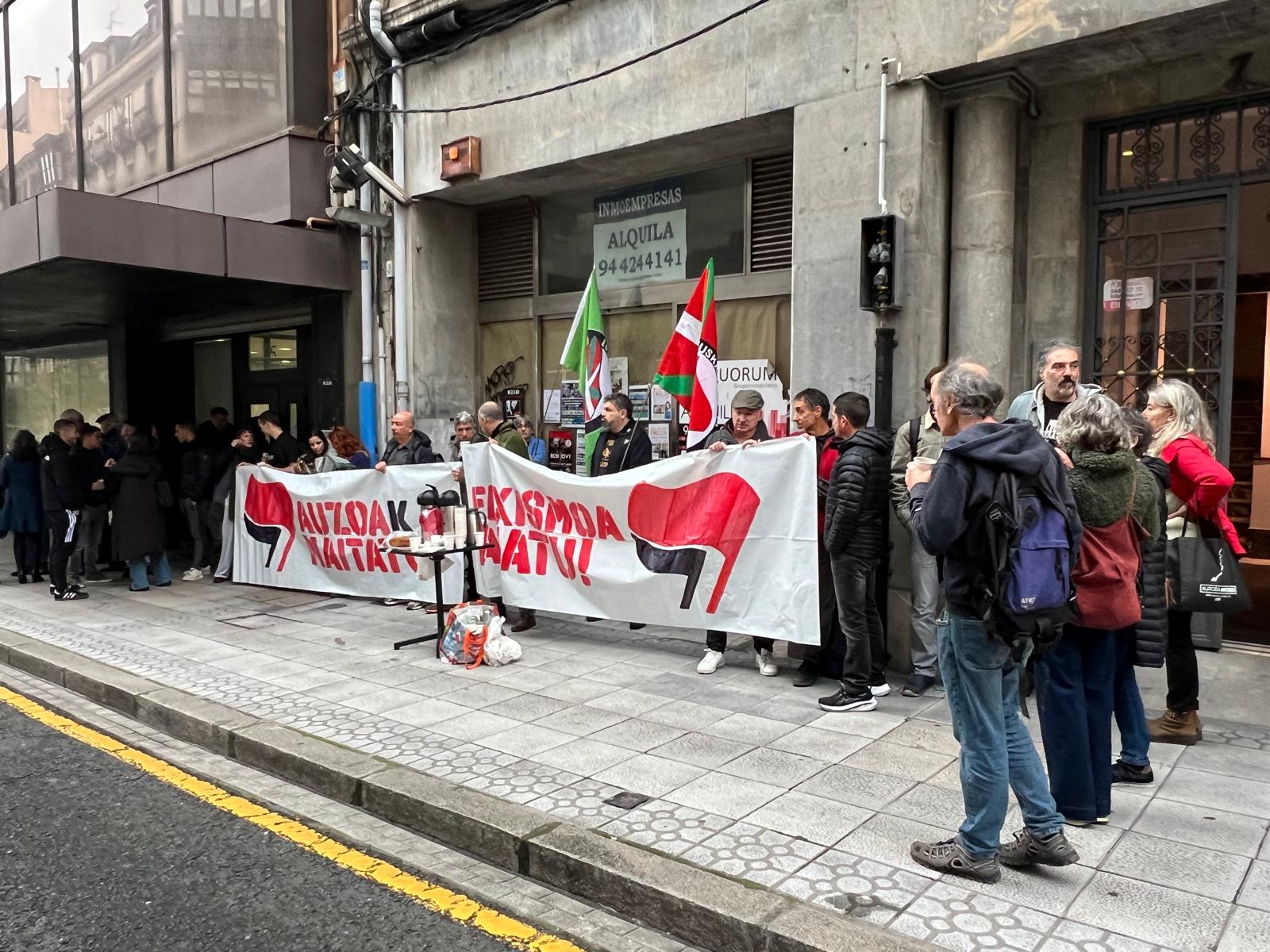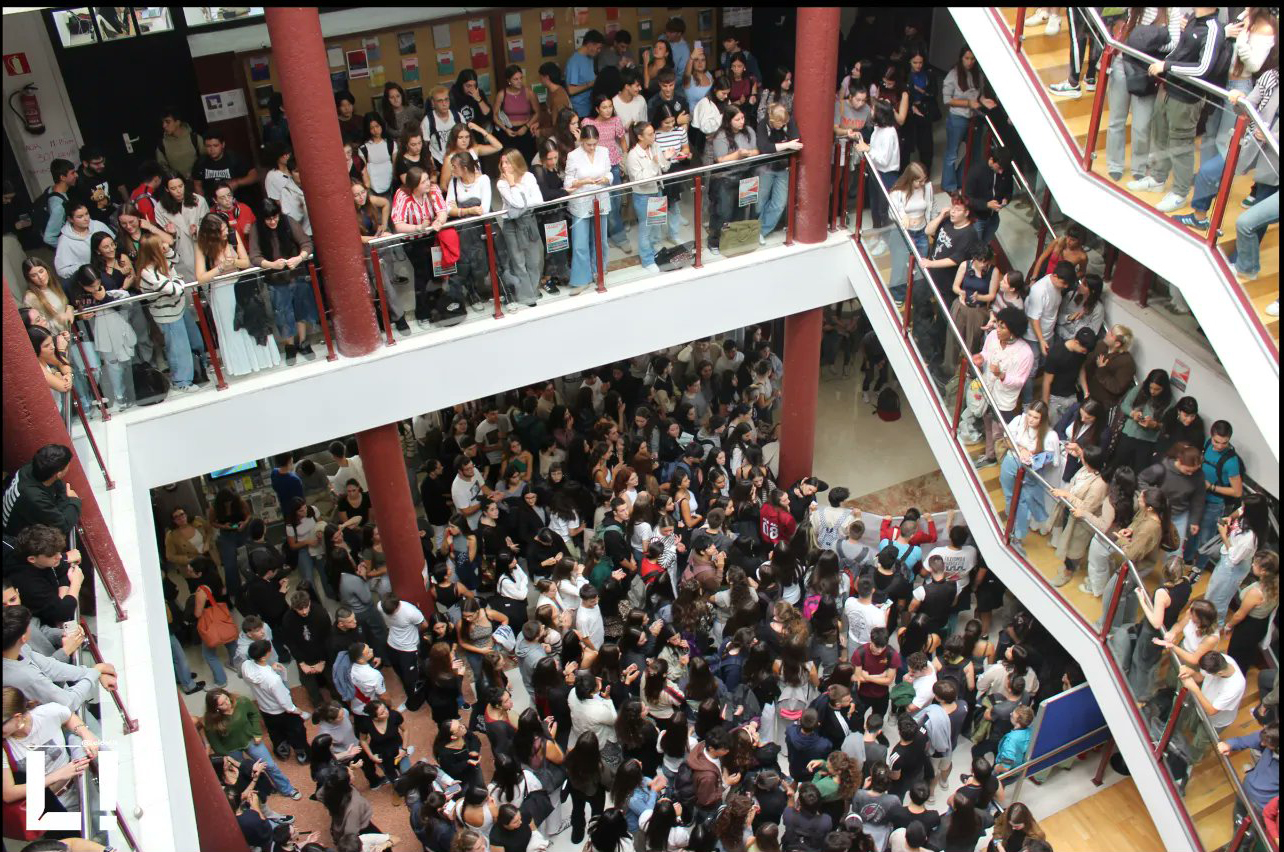"Those who vote for fascists are not our enemies, they are their policies."
- Icelandic writer Eiríkur Örn Norðdahl (Reykjavik, 1978) comes to readers outside Iceland thanks to his fourth novel Ilska (Makurkeria). From the massacre of the Jews in a small village in Lithuania, Norðdahl presents a love story about xenophobia and populism, a book that has received many awards from Europe and has been translated into seven languages.
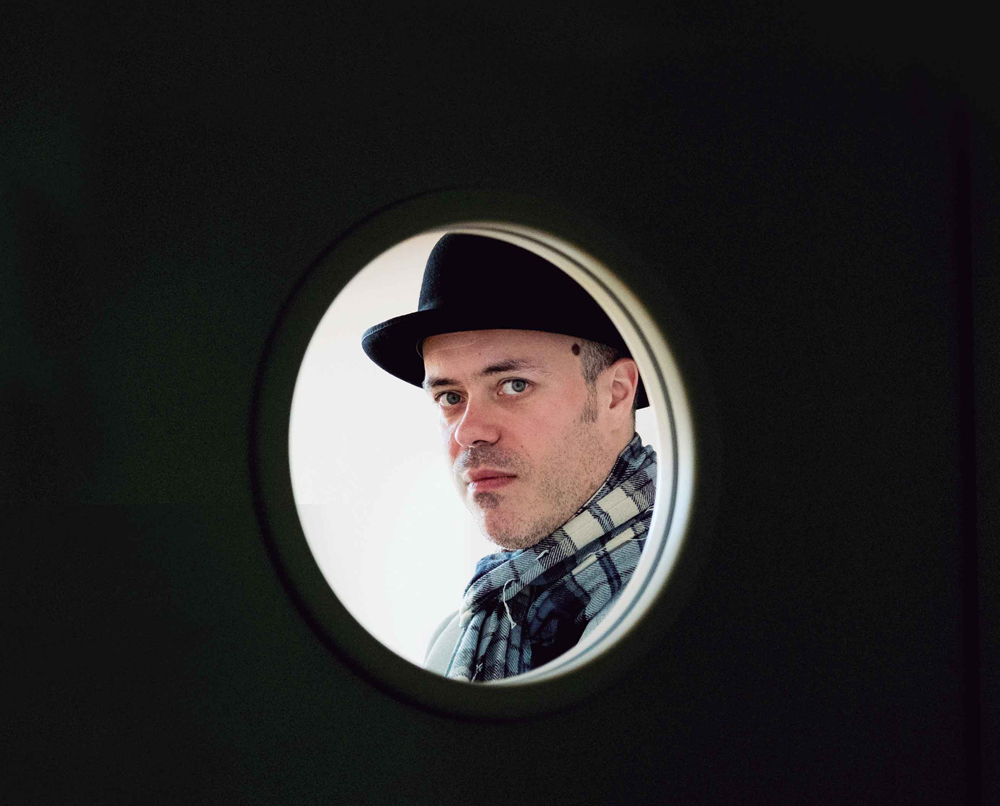
The events in Jurbarkos (Lithuania) are the starting point for Illska: half of the people killed the other half (1,924 people) in three months. What does Jurbarkas symbolise in the current context?
Jurbarkos had massacred their neighbors forever before the Wannsee conference, that is, without an express order people knew what to do.
I am also from a small town and in small towns we all know each other, except for faces. How, then, to understand the death of the baker that someone knows from a young age? We were talking about a nonsense other than that of Auschwitz, where soldiers had killed strange people by firing a button from the distance. But in this case, their neighbors were massacred, and that was what most astonished me. It all happened even before the Wannsee conference, where people knew what they had to do without receiving direct orders. Anyway, I don't know if I took it as a symbol. I read something about that incident and I threw myself out of that unknown matter.
Your book is a weapon against programmed amnesia, right?
Yes, it is. Recovering the historical past is fighting amnesia to make it clear “yes, this and this happened.” Although it is a wise thing, it is very important that it is repeated over and over again, so as not to forget it and because there is always someone who does not know the past.
In the case of Lithuania, amnesia has been systematic, it has been actively promoted. In the capital there is a museum of genocide, but it is not about the Holocaust, but about the guerrillas against the Soviet Union. The guerrillas are a great national myth, but many of those fighters were also perpetrators of massacres against the Jews, and therefore an old man of my age would hear as a child that his grandfather fought against the Soviet Union and when the Soviet Union decay he would be placed on a statue and become a hero.
But nothing I'd done before.
That's it. And a lot of people didn't know. They knew that the Germans came and killed the Jews, but it was the Germans' thing for the natives. By the year 2000, people began to investigate these facts. People are very angry now in Jurbarcas, because hearing that your grandfather was a Nazi murderer is very violent. But one does not remove the other. He can be a hero for one part of his life and a Nazi for another.
II. Because today one of his characters speaks of millions and a half of the deaths in Iraq, when the Germans came out with posters “that we didn’t know” at the end of the World War.
We usually know a lot more than we really realize. In the case of Germany, I think people knew what was going on. The political project to bring the Jews to Madagascar, Argentina, Palestine… came before the Holocaust and when the Jewish neighbors began to disappear people wanted to think that “they would help them reach Israel”, not to be killed.
"We know how many people die in the Mediterranean, in the factories that produce our luxury -- we can't say 'I didn't know'."
Now, however, we have perfectly documented what is happening and we know how many people die in the Mediterranean, on the border between EE.UU. and Mexico, in the wars that we have brought to the third world and in the factories that are creating our luxury. We would not accept the manufacturing conditions of most of the things we consume either for us, or for our children or friends. We have documentaries and podcasts and photos and, therefore, we can’t say “I didn’t know my iPhone was made by children.”
.jpg)
Here's the logic of using and throwing lives that Judith Butler mentions, right? The feeling that they're not as many human beings as we are.
Completely! We treat them as sub-beings. If we were to find a factory in Indonesia, in central France there would be a great stir and political chaos for the years would be enormous. But because it's in Indonesia and it's just Indonesians, it doesn't matter. It is the capitalist policy of the West that is spreading this situation to the whole world.
Due to the expansion of the extreme right in Europe, you do not share the tendency to present neo-Nazis as a group of idiots. He says that the problem is not his intellectual capacity, but his policies.
It often happens that we end up fighting people, because we think that fascists or neo-populists or those who vote for them are idiots. But if you think the problem is its nature and there's nothing to do with them, then the only way to win is to shoot in the head. And the only thing that comes from that is war, and I think it's a really bad opportunity.
We have to start thinking that fascism is an ideology that people interiorize, and also an absolutely normal consequence of neoliberal society. And the problem with the Left today is that it is not reacting as a Left and that it is not implementing the policies of the Left.
"In Iceland, in 2009 we had for the first time a left-wing government that didn't need the right to govern. What happened? Well, right-wing policies were applied, a little slower than the right would have done."
In Iceland in 2009, we had for the first time a left-wing government that didn't need the right to govern. What happened? For they had applied right-wing policies, a little slower than the right would have done. In the end, the question of speed seems to be the only difference between right-wing and left-wing policies. And people are losing more and more rights and getting more and more angry and going to the extreme, fascism and populism, because they think that fascists, at least, offer a radical program that gives some hope to a lot of angry people.
We have to realize that those who vote for them are not our enemies. The ideas they convey are our enemies and we must paralyse their policies. But those people are our brothers and we have to bring them to us.
Another important topic in the novel is the crisis of masculinity, which many men feel out of place. Can the rise of the Incel movement be due to this crisis?
The truth is, I haven't thought much about the Incel movement, but it's clear that it's men who mainly drive and guide the far right. As I mention in the book, many of the parties on the right have women on the front line, to reduce their Nazi appearance. But 70 percent of voters are men. It's terrible!
The feeling or prejudice of losing rights is what pushes people to the far right, and the incel movement is a slice of the same trunk. A consequence of understanding the achievements of the feminist movement not as a balance of power, but as a loss of power, and no one liberates power without fighting for it.
It also denounces the seemingly peaceful and respectful existence of northern Europe. Why the need to oppose those ideals?
The peaceful existence of northern Europe is a farce. Sweden is one of the world’s largest arms exports
Because it's hypocrisy. Sweden is one of the largest export weapons in the world, in the 1960s, half of the disabled population were neutered, some countries participated in Afghanistan and Iraq… We sent troops around the world, but then we handed out Nobel laureates and peace prizes and we pretended to be good, to show that we are not just racist savages like everyone else, but if we were!
Being from a small country like Iceland, you'll feel a little bit responsible for representing the literature of your country, right?
I was at a book fair in France a couple of years ago and I was asked for a signature because everyone had been in Iceland or intended to go to it. If I had had a travel agency I would have made a fortune! Most books were bought because the book was Icelandic. And being from a small country, sometimes you feel a traveling ad.
I have great problems with Iceland’s culture, politics and general discourse, and I feel very weird about this. But I'm also part of Icelandic culture. And it seems to me that for a small language to work, it's very important to have solid literature and a strong writer class, and you need a minimum number of writers to write in that language so that that language exists. Among our cultural policies, I would highlight the system of grants or scholarships that we have for writers.
What you need to maintain a language is not a minimum number of inhabitants, but a minimum number of writers.
I lived in the Faroe Islands a few years ago: It's only 50,000 people and they have their own language. I lived in the capital, we were 17,000 inhabitants, but we had all the infrastructures of a capital: national theatre, a small symphony orchestra, writers of all kinds, painters… And then I realized that what we need to maintain a language is not a minimum number of inhabitants, but a minimum number of writers: say, fifty writers who publish every two years and, therefore, twenty-five books a year. A critical mass.
The fact that it is a State is obviously going to help.
Yes, yes, if we didn't have a state, we wouldn't have our literature, our language couldn't survive.
Martxoak 8a heltzear da beste urtebetez, eta nahiz eta zenbaitek erabiltzen duten urtean behin beren irudia morez margotzeko soilik, feministek kaleak aldarriz betetzeko baliatzen dute egun seinalatu hau. 2020an, duela bost urte, milaka emakumek elkarrekin oihukatu zuten euren... [+]
Larunbatean pertsona talde batek Tolosaldeako Kontseilu Sozialistako kide bati eraso egin ziola salatu dute. Azaldu dutenez, "faxistei aurre" egin zien propaganda jartzen ari zirela, eta piperbeltz espraiarekin zipriztindu zuten.







